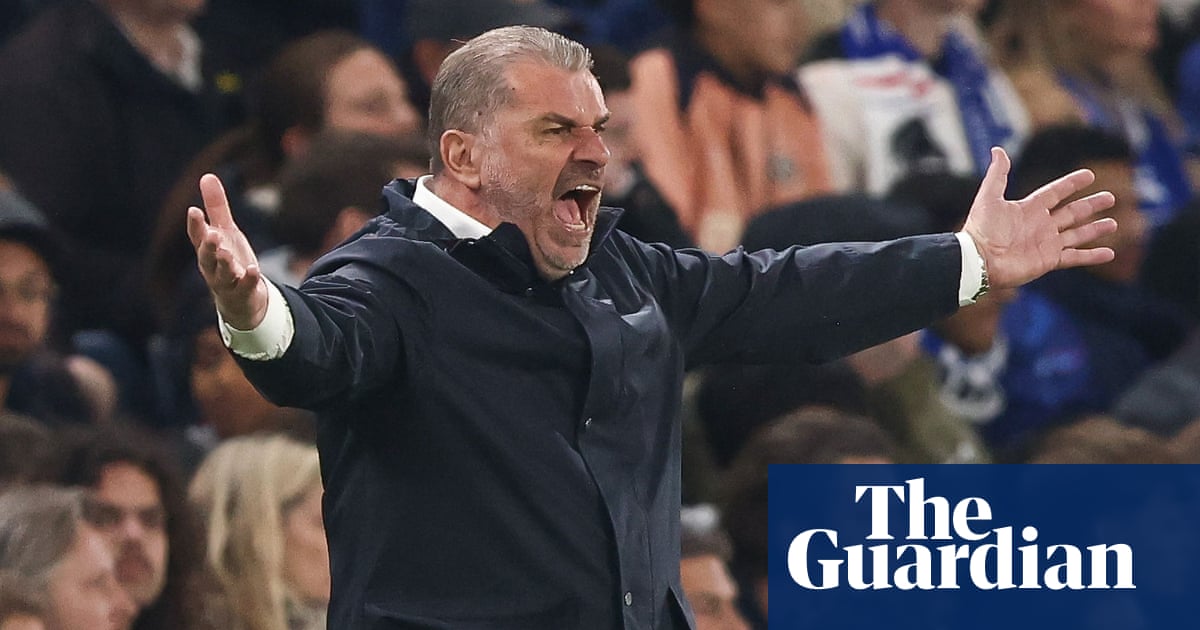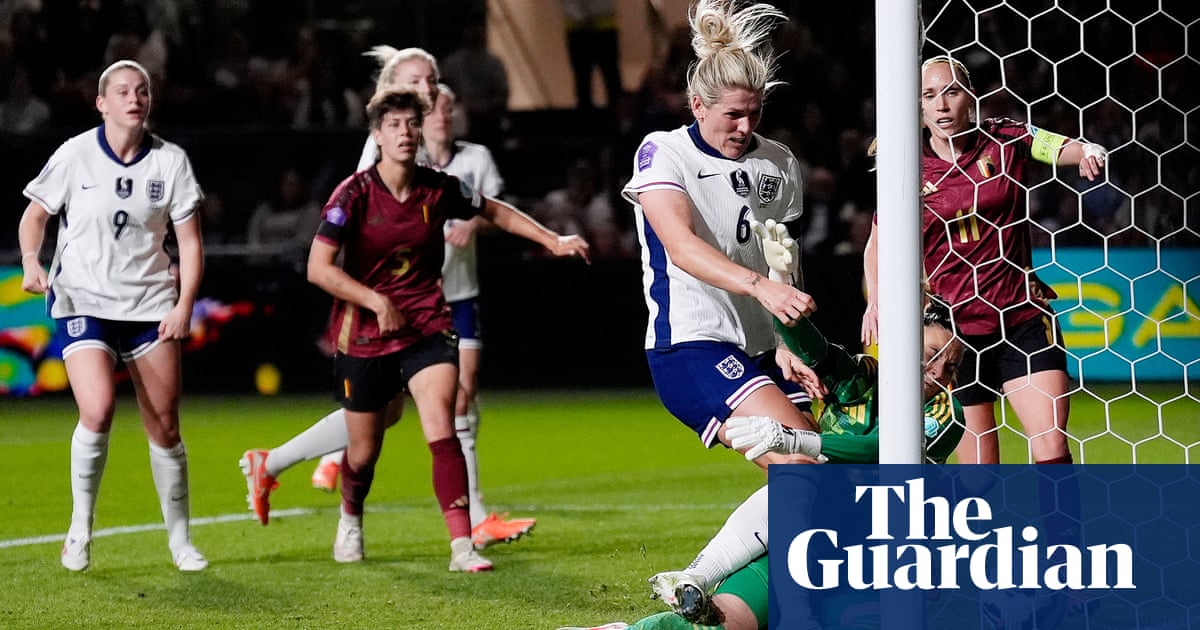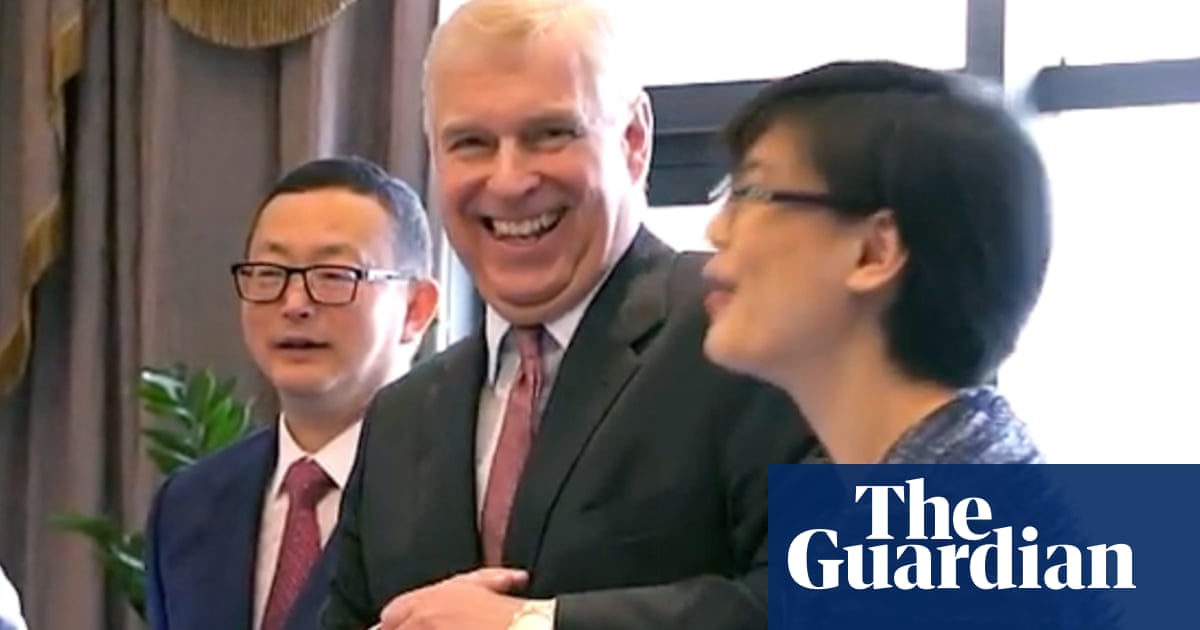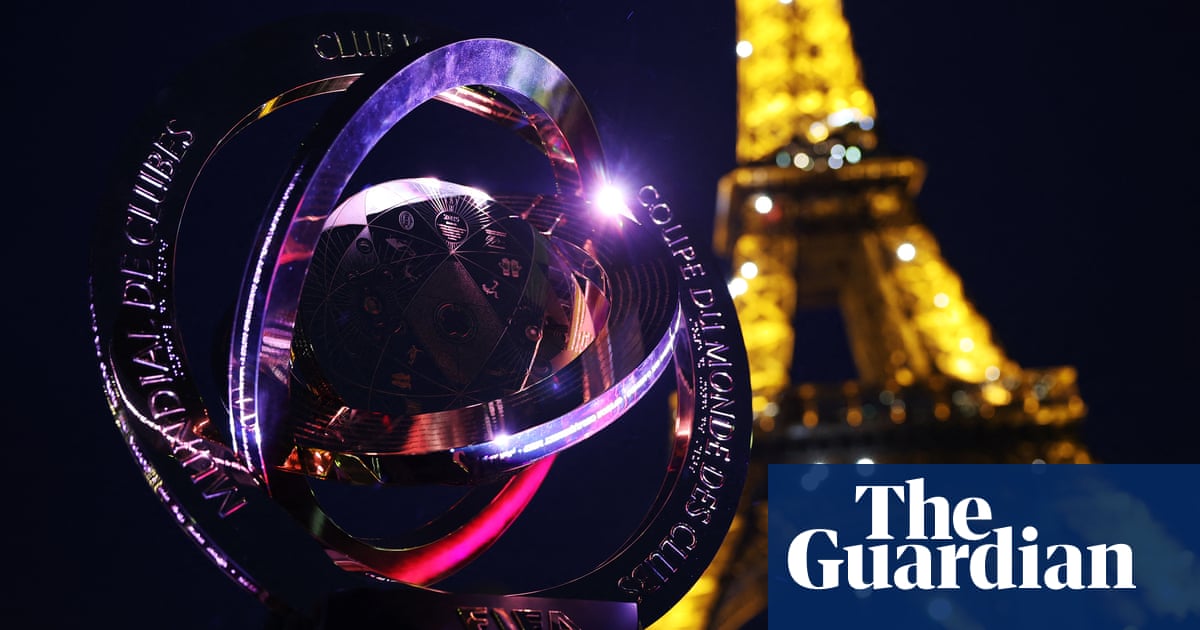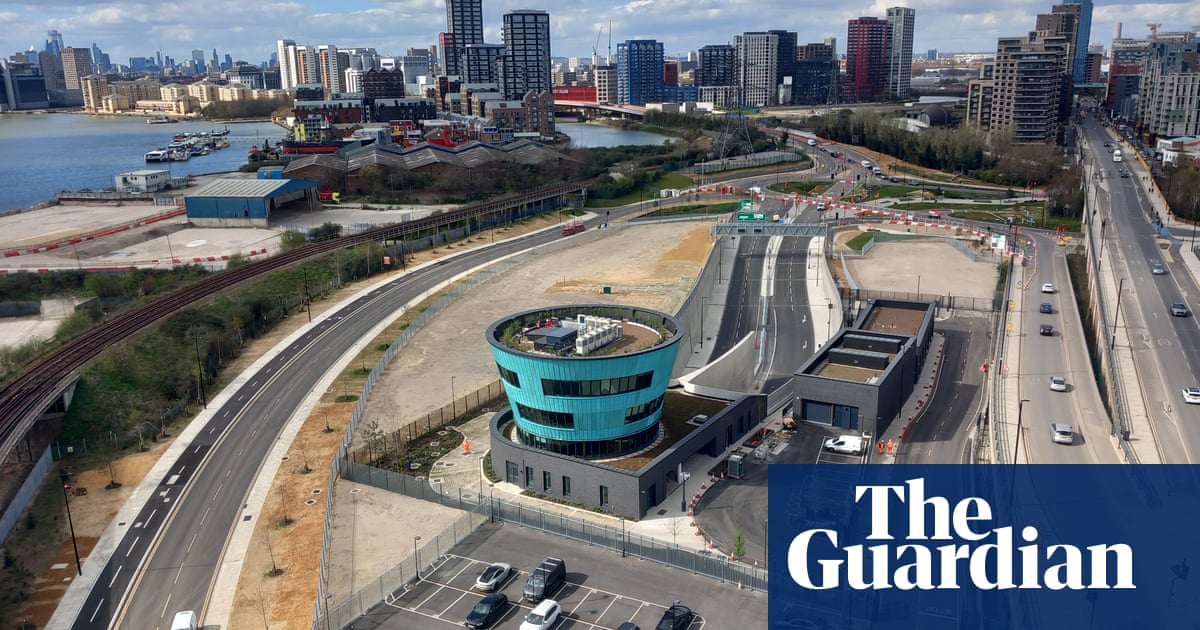England no longer announce their new captains with a grand theatrical flourish. Back in 1996 Bath’s Phil de Glanville had to lie down in the back of the taxi taking him to Twickenham so no one could identify the skipper poised to replace Will Carling before he was unveiled dramatically from behind a large curtain like a nervous contestant in Stars in Their Eyes.
Fast forward to 2025 and Maro Itoje, the 136th man chosen to lead his country, was not even present for his inauguration. People like to talk about spreading the rugby gospel and here was another example of how not to do it. A good news story (if not for poor old Jamie George) and a once-in-a-lifetime opportunity for Itoje to strike a smiling pose for the snappers and propel English rugby back on to the front pages? Nah, we’ll just stick out a bog-standard press release.
Steve Borthwick, the head coach, was at least wheeled out to say how thrilled Itoje looked when he was informed of his new role and how disappointed George was to learn of his demotion. And to field the inevitable media questions which boiled down to two main lines of inquiry: was he making the switch because George is no longer guaranteed a starting place or was it more about signalling the need for a collective squad reset after a disappointing autumn?
The truth probably resides at a postcode somewhere in between. In some ways it is a cosmetic tweak: one well-regarded Saracens forward is replacing another. At 34 George will struggle to make the next World Cup in 2027 while Itoje, who already has 88 caps, could have been lobbed the starting armband some time ago. As recently as 12 months ago, however, Borthwick was trumpeting a bold new post-World Cup era under George. If it was all going swimmingly there would be no pressing need to throw everything up in the air again now.
So as much as Itoje’s accession is due reward for a fine player who is regularly his side’s best forward it is also a tacit admission of England’s urgent need for fresh impetus. On that front there were only two realistic mid-season avenues open to Borthwick – shake up the squad or alter the messaging being delivered to them in the hope it encourages better results. After that the only other remaining option tends to be a change of head coach.
It does come with one or two slight risks attached. George was a highly popular captain, both inside and outside the squad, and has shouldered the chains of office with impeccable diplomacy. When England have lost games he has been impressively honest and upfront; should England go down to Ireland and France in their first two tough looking games it will be tricky for Borthwick to claim that Itoje’s captaincy has paid instant dividends and raise some doubts over the timing of the change, particularly if the loyal George is still picked to start.

On the flipside, however, it allows Borthwick to draw a line under a disappointing year and sell the vision – again – of a brighter future. Itoje has been receiving positive notices as Saracens’ captain since being appointed last summer; he also has an excellent track record in terms of performance when the stakes are ramped up. Borthwick believes he will inspire other players around him to up their level and be the heartbeat of a rejuvenated, more purposeful pack.
Something else, too, may be underpinning Borthwick’s decision. The global game is changing and it is not getting any slower. Younger, ball-playing hookers who can carve up in open play – such as Theo Dan, Gabriel Oghre and, eventually, Bath’s Kepu Tuipulotu – are potentially the future. “England, historically, are a team with a big forward pack,” the head coach says. “I think that’s changed a little bit. We’ve got a fast athletic back row, fast athletic backs and we’ll play accordingly. When we play fast, you see the team at its best.”
after newsletter promotion
With that in mind, Borthwick will also be urging his players to start throwing the game-splitting offloads they do for their clubs, rather than feeling constrained by the extra weight of expectation at the highest level. “When I addressed the players last Monday, I spoke to them about exactly that,” he says. “I want to make sure when you are wearing the England shirt, you are giving those passes.”
Interesting, particularly in the light of Ben Spencer’s ejection from the squad in favour of the nippier trio of Alex Mitchell, Jack van Poortvliet and Harry Randall. England are also likely to row back slightly from last year’s high‑risk blitz defensive system and, despite the tournament‑wrecking injuries that have sidelined Immanuel Feyi‑Waboso, Sam Underhill and George Furbank, should now be able to assemble a more effective bunch of “finishers” than they did in the autumn.
They also no longer have the issue of a captain who gets winched ashore after 50-odd minutes. Itoje is a start-to-finish man and, if necessary, George’s experience could be redeployed off the bench in the final half-hour. If Itoje’s England – as they are now – can start and finish more dynamically in Dublin next month then Borthwick’s leadership switcheroo will have paid off instantly.

.png) 2 months ago
25
2 months ago
25
